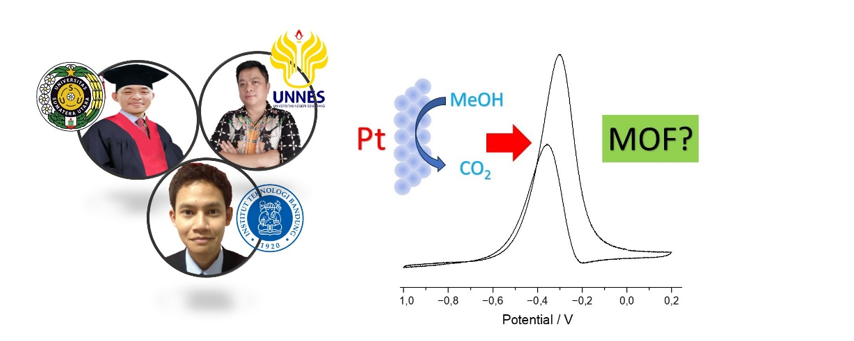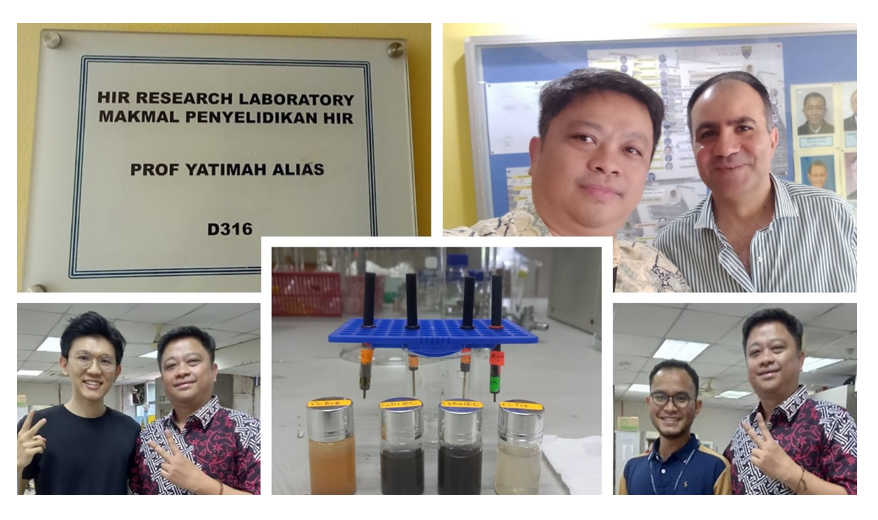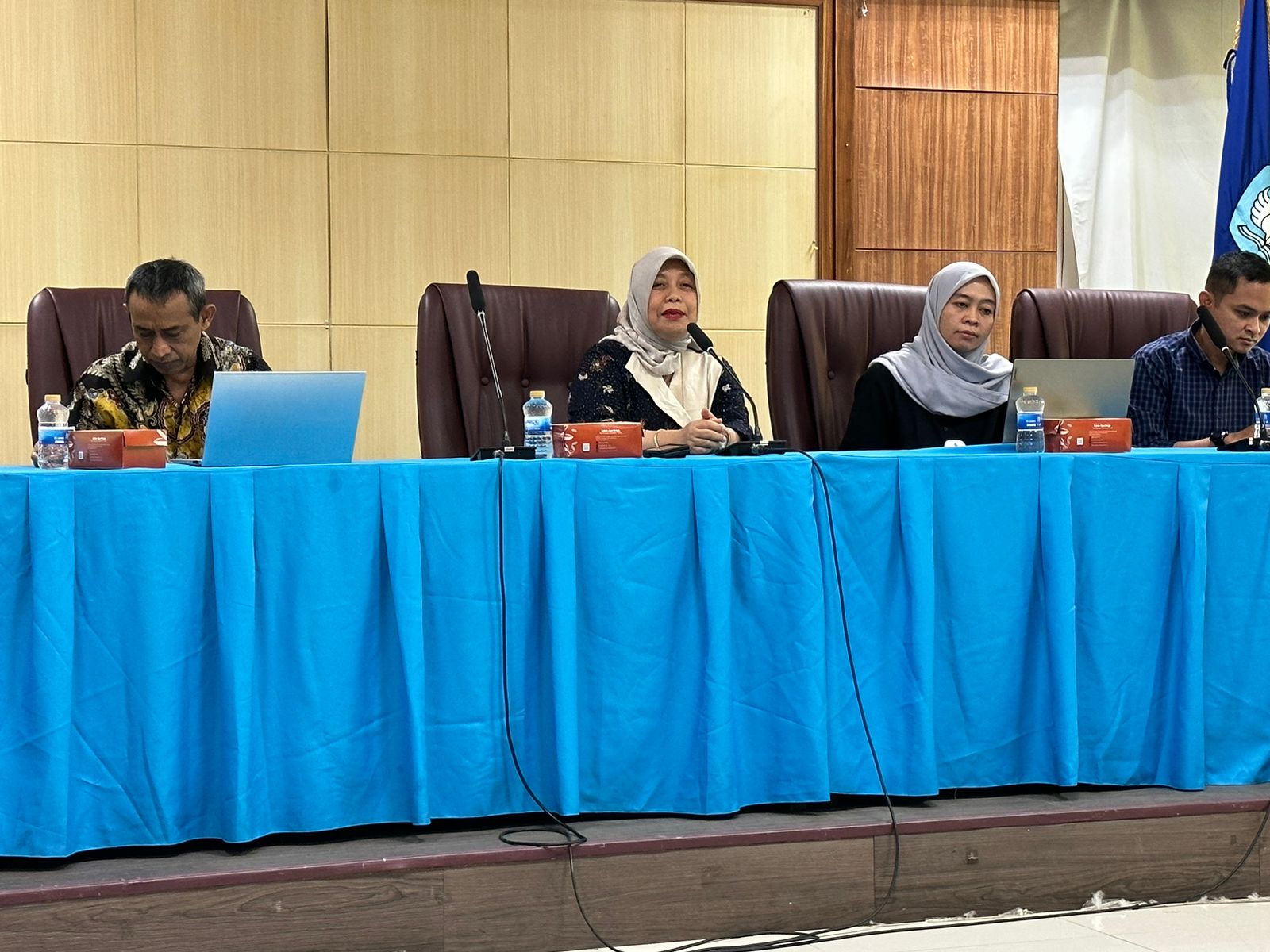In a significant development in the field of electrochemistry, esteemed scientist Cepi Kurniawan, Ph.D. from the renowned Functional Material Research Center of Universitas Negeri Semarang has visited the Laboratory of Electrochemistry at the University of Malaya (UM), Malaysia. Cepi Kurniawan’s visit marks the commencement of groundbreaking research on Methanol Oxidation, utilizing innovative Metal Organic Framework-based materials. This visit activity is funded by the Indonesian Collaborative Research Scheme (RKI) for the year 2023, with collaborators Prof. Rikson Siburian (University of North Sumatra) and Dr. Isa Anshori (Bandung Institute of Technology).

Metal Organic Frameworks (MOFs) have emerged as a promising class of materials in recent years, with numerous potential applications in various industries, including energy storage and catalysis. One of the most exciting prospects for MOFs is their application in the field of electrochemistry, specifically in catalyzing the oxidation of methanol.
Cepi Kurniawan, Ph.D. is an internationally renowned researcher and pioneer in the field of nanotechnology and materials science. His expertise in catalysis and electrochemistry has earned him accolades within the scientific community. The Laboratory of Electrochemistry at UM is a state-of-the-art research facility known for its cutting-edge work in the realm of electrochemical studies lead by Professor Yatimah Alias. Equipped with advanced instrumentation and staffed by a team of highly qualified researchers Including Dr Mehran Shookhakian (UM Expert), Tang Liang Wei (PhD Candidate), Badrul Amin (Master Student). the lab provides an ideal environment for conducting groundbreaking experiments.

During his visit to UM, Cepi Kurniawan, Ph.D. aims to investigate the potential of MOFs as efficient catalysts for methanol oxidation. Methanol is a widely used chemical feedstock and a promising fuel candidate. However, finding efficient and eco-friendly methods for its oxidation has been a challenge. Cepi Kurniawan’s research could unlock new possibilities for renewable energy production and carbon-neutral fuel technologies.
If successful, this research could pave the way for environmentally friendly and energy-efficient methods of methanol oxidation. By leveraging MOFs, the process could become more sustainable and economically viable, potentially reducing the dependence on traditional fossil fuels.
Cepi Kurniawan, Ph.D. collaboration with UM’s Laboratory of Electrochemistry exemplifies the importance of interdisciplinary research in tackling global challenges. The exchange of knowledge and expertise between these two esteemed institutions is expected to foster continued advancements in the fields of nanotechnology, materials science, and electrochemistry. The scientific community eagerly anticipates the results of Cepi Kurniawan’s research on Methanol Oxidation using Metal Organic Framework-based materials. His visit to UM’s Laboratory of Electrochemistry signifies a momentous step towards unlocking new possibilities for renewable energy and sustainable fuel production. As the world grapples with the urgency of climate change, the potential impact of this research cannot be overstated.


